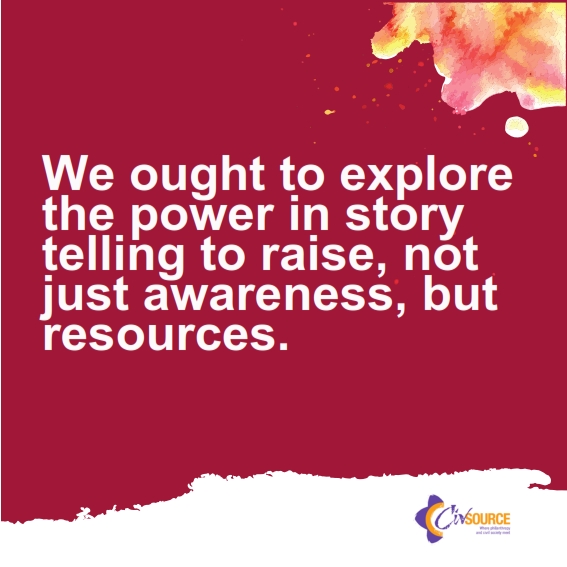The First of Many
From the 25th to the 26th of September, Mt. Meru Hotel in Arusha, Tanzania was home. It was the 6th East African Philanthropy Conference but the first we were attending as CivSource Africa. We arrived on the 24th so that we could adequately prepare for the conference the next day. Arusha is usually hot and humid but during those two days, it was appreciably cool. The cold became biting as the night grew. That first night, we had our first opportunity to interact, engage and network with other conference delegates at an opening cocktail. Being newbies, we were tactfully networking so that we could know who’s who at this conference, many of whom we had never met or interacted with, and the organizations they worked for but also to introduce ourselves and answer all the questions that follow being new. ‘Civ-what?’ ‘Which country are you from?’ These, we expected and so we answered, many times. These conversations prepared us for the next more active days. It was the first day.
We arose early enough on the first day of the conference to position our branding materials; pin the teardrop flags into the ground, set up our media hub, layout the information desk and pick up any and all materials that the conference organizers had for us like name tags and some documentation. Conferences ‘outside countries’ usually have those. By 8:30 AM, we were all buckled up and ready for the welcome note and keynote address on ‘Opportunities in Emerging Trends and Practices in Philanthropy.’ That went as well as it could go.
Like the first day of school, we were excited with a blend of fear. Soon it was our turn to present on a panel whose discussion was centered on ‘The Future of Philanthropy: Global and Local Shifts in Practice.’ This session observed the changing practices of individual and institutionalized philanthropy due to technological innovations, declining foreign funding, evolving social identities and changes in the legal operating environment. We mentioned that in a shrinking or evolving civic space, it makes being philanthropic towards certain causes like LGBTQI that are unlawful in countries like Uganda risky. As such, some who would support these causes either do so anonymously and others abstain entirely.
Another impediment in this changing space is the self-misidentification of philanthropists. This begs the question, how do we capture statistics and trends of philanthropy locally if those practicing it don’t see themselves as such? Many do believe that African giving should be as close to anonymous as possible, that the left hand shouldn’t know what the right has dealt out to another in unsolicited help. ‘It is not supposed to be advertised,’ they posit. We believe that the good we do in giving of our time, talent and treasure should be documented if we are going to change the narrative that African aren’t givers and therefore always need and depend on aid from western donor organizations or high net worth individuals. Let’s show up, stand up and be counted.
Pursuant to that, I suppose, is that we ought to tell our stories of giving. To not do that is to admit the presumption that no giving by unknown, everyday individuals is happening on the continent. We ought to explore the power in storytelling to raise, not just awareness, but also resources. I dare say there is no better, easy-to-understand way by which we should communicate impact than through storytelling. Stories influence people, their emotion and behavior. They inspire passion. And in our telling, we ought to respect, celebrate and protect the person whose story we are telling.
African philanthropy extends to more than what has been popularized as monetary donations. To not count non-monetary giving in our philanthropy statistics and reports is to tell only half of our story. It is for this reason that we have been collecting and publishing stories of givers. We want the world to know these people, know their names, where they are located and what they are doing. They are changing the world, one unknown-until-now act of giving, at a time. We will tell you more about them at the next philanthropy conference.
Communications Team.


